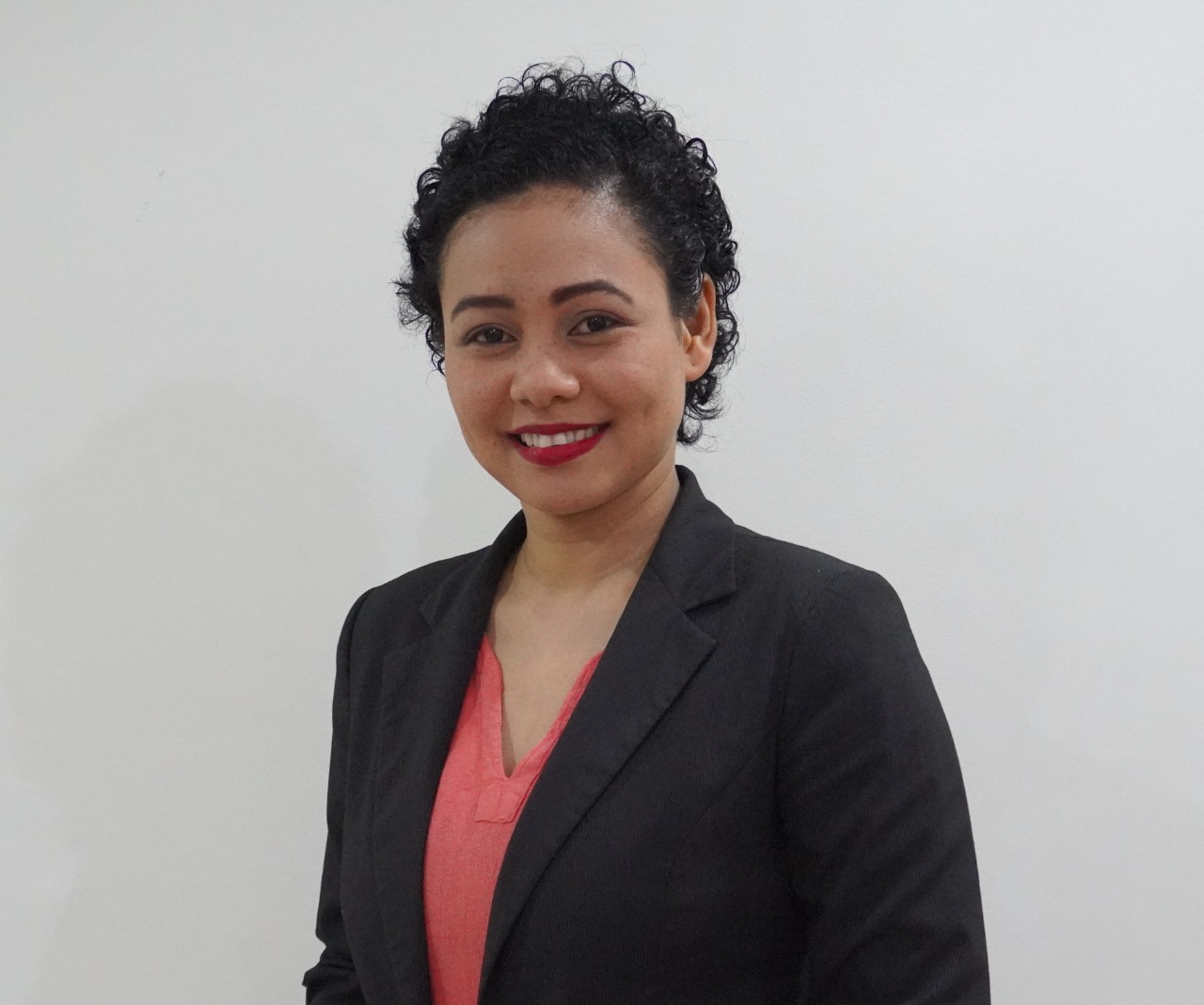By Balkissa Ide Siddo, Director of Public Policy, Africa, Meta
Since the start of the twenty-first century, technology has been at the heart of enhancing communication and human contact. The internet has not only enabled people to communicate with family and friends all over the world in real time, but powered businesses and creativity across the globe.
With each passing day, more technologies are built to improve our quality of life and shared experiences. We are hearing more and more about the metaverse, not only in the tech community but also amongst friends and family. So what does the metaverse actually mean?
The metaverse will be a set of virtual spaces including immersive 3D experiences, that are all interconnected so you can easily move between them. It will let you do things you couldn’t do in the physical world with people you can’t physically be with. In the metaverse, you’ll be able to hang out with friends, work, play, learn, shop, and more.
The metaverse has the potential to help unlock access to new creative, social and economic opportunities, and Africans can be involved in shaping it right from the start. Here are a few things to understand about the Metaverse and Africa’s role.
No one really owns the Metaverse
Several tech companies like Meta are already starting to think about the future and ways to make the metaverse a reality. It isn’t a single product one company can build or own alone, and if it is to succeed, it will need to be open and interoperable.
Bringing this to life will take collaboration and cooperation across companies, developers, creators and policymakers. It will be built gradually, as many of the products and infrastructure will only be fully realised in the next decade or so. This means great opportunities for Africa, as our booming Internet economy will enable Africans to play a part in this collaborative future.
Africa is Metaverse-ready
The evolution of the metaverse will support amazing creativity and open up new horizons for brands and businesses, and the community as a whole. Now the question is, how can we ensure Africa is metaverse ready?
Africa has a large consumer market, and, crucially, top-quality talent. The digital economy is expected to contribute up to 300 billion dollars to Africa’s GDP by 2025 (10% growth per year), and the working age population across the continent is expected to grow by 450 million people, or close to 70 per cent, by 2035.
Thriving tech start-up ecosystems in Africa are already driving job creation and economic growth. Looking ahead they will help to shape and create the technology that will change how we live and work and shape our shared digital future.
In fact, Africa is already alive to the possibilities of the metaverse. Nigeria’s Thrill Digital, founded by Delz Erinle and artist Niyi Okeowo, is using AR and VR, crypto and gaming, to create a fashion metaverse. Thrill Digital won a $40,000 grant from Epic Games, a US video game and software developer investing in metaverse development, to start Astra, a play-to-earn crypto game where players try to amass as many tokens as they can within an allotted time to win real-life luxury fashion items.
Africarare—referred to as “the first South African metaverse”—launched in October 2021. It represents a digital land, Ubuntuland, and offers immersive VR experiences including a marketplace for art. Africarare featured the premiere NFT art collection from the well-known South African artist Norman Catherine. Africarare users can purchase land via $UBU Coin, create avatars, and engage in social, gaming or art experiences, and new Africarare NFT collections will continue to be featured.
Africa’s largest mobile network operator, MTN Group, also announced in February 2022 that it had purchased 144 plots of virtual land in Ubuntuland. MTN is the first African company to invest in the Metaverse. These are exciting times for the African tech ecosystem and this is just the beginning!
Opportunities for African economies
The metaverse will also provide a significant opportunity for African brands to advertise themselves and tell unique stories in truly engaging ways. As Africa’s population becomes the largest workforce in the world by 2035, many tech analysts are convinced that the metaverse will open up economic opportunities in Africa, pointing to its relevance to the evolving post-pandemic world of work.
More interestingly, a report which estimates the impact of the metaverse 10 years after adoption, indicates that the metaverse will contribute about 1.8% GDP growth to the Sub-Saharan African economy, representing a $40 billion growth.
Meta’s commitment to Africa’s future
Meta’s recent opening of its second office in Africa – in Lagos, Nigeria – is testament to our commitment to Africa’s role in the metaverse. The office is the first office in Africa to have a team of engineers to support the Sub-Saharan region.
Meta has also launched a two-year $50m XR Programs and Research fund to build the metaverse, which includes funding for a “Future Africa: Telling Stories, Building Worlds” programme. The programme will see the company partner with Africa No Filter, Electric South and Imisi3D to support creators amplifying African voices and pushing the boundaries of digital storytelling. The program provides grants, mentorship, and supports VR storytellers to develop new and compelling content about Africa, showcasing innovative storytelling that shifts negative stereotypes about Africa.
By using immersive technology such as 360 video, VR, AR and mixed reality, creators can receive funding of up to $30,000 and mentoring from Meta to grow their skills. Together we can be sure Africa is truly metaverse ready.


